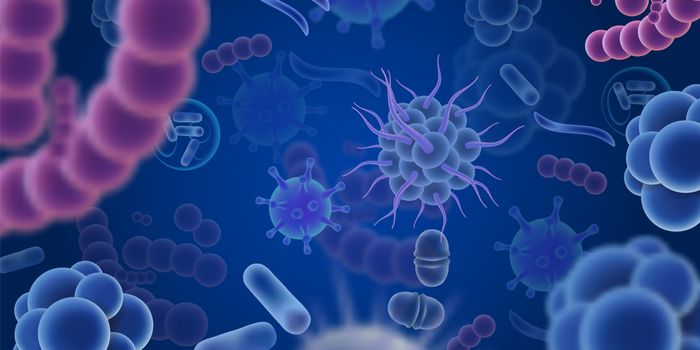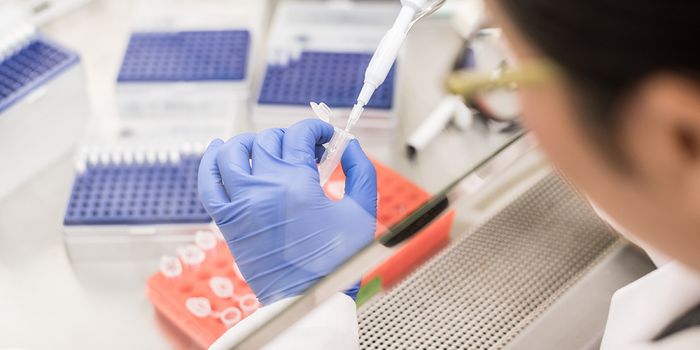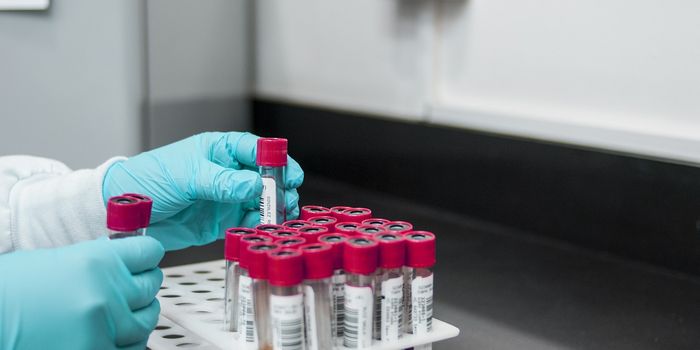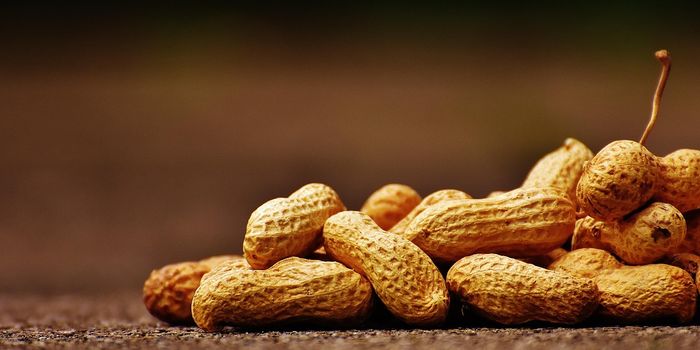Sucralose Disrupts the Body's Appetite Signals
Many people use sugar substitutes so that they can taste the sweet stuff without consuming as many calories. It's estimated that about 40% of Americans eat sugar substitutes regularly. But the health effects of these substitutes has long been debated. Sucralose, a widely used sugar substitute, seems to disrupt signaling in a part of the brain called the hypothalamus, which is also where feelings of hunger and fullness are regulated, according to a new study reported in Nature Metabolism.
Researchers wanted to know more about how sugar substitutes affect people who consume them, and whether the effect is different for different people. They also investigated the process in people, instead of animal models.
In this study, the researchers recruited 75 volunteers to learn more about how sucralose intake affected hormones, brain activity, and hunger. These participants included males and females, and people who ranged from normal weight to obese.
The individuals were asked to consume either water, a sucralose-sweetened drink, or a sugar-sweetened drink. Before and after drink consumption, the investigators performed functional magnetic resonance imaging (fMRI) testing, collected blood samples, and asked participants about their hunger.
These tests showed that activity in the hypothalamus and feelings of hunger increased after sucralose intake, particularly in people who were obese. The communication between the hypothalamus and other regions of the brain was also disrupted.
While sugar intake is known to cause an increase of certain hormones that cause a feeling of satiety or fullness in the brain, sucrose did not have this effect. The researchers suggested that sucralose is interfering with the brain's normal signaling, and while the intake of sweet stuff is registered, the caloric intake is not.
This mismatched signal may be leading to cravings and more eating, suggested corresponding study author Kathleen Alanna Page, MD, director of the USC Diabetes and Obesity Research Institute, among other appointments.
"If your body is expecting a calorie because of the sweetness, but doesn't get the calorie it's expecting, that could change the way the brain is primed to crave those substances over time," added Page.
Functional MRI scans can also reveal more about connections and communications in the brain. Sucralose intake was found to increase the hypothalamus' connectivity with several brain areas that relate to sensory processes, motivation, and decision-making. Page noted that sucralose could be influencing food cravings.
Sugar consumption can increase the levels of hormones that regulate sugar levels, like insulin or glucagon-like peptide 1 (GLP-1). But sucralose consumption does not have those hormonal impacts.
"The body uses these hormones to tell the brain you've consumed calories, in order to decrease hunger," Page said. "Sucralose did not have that effect, and the differences in hormone responses to sucralose compared to sugar were even more pronounced in participants with obesity."
These results should be confirmed in larger groups, but the scientsts are also interested to learn more about whether these impacts have a long-term effect. Another study investigating these processes in adolescents is now being planned as well.
There were also more changes in female brains after sucralose consumption compared to male brains, so sex differences may be a factor.









